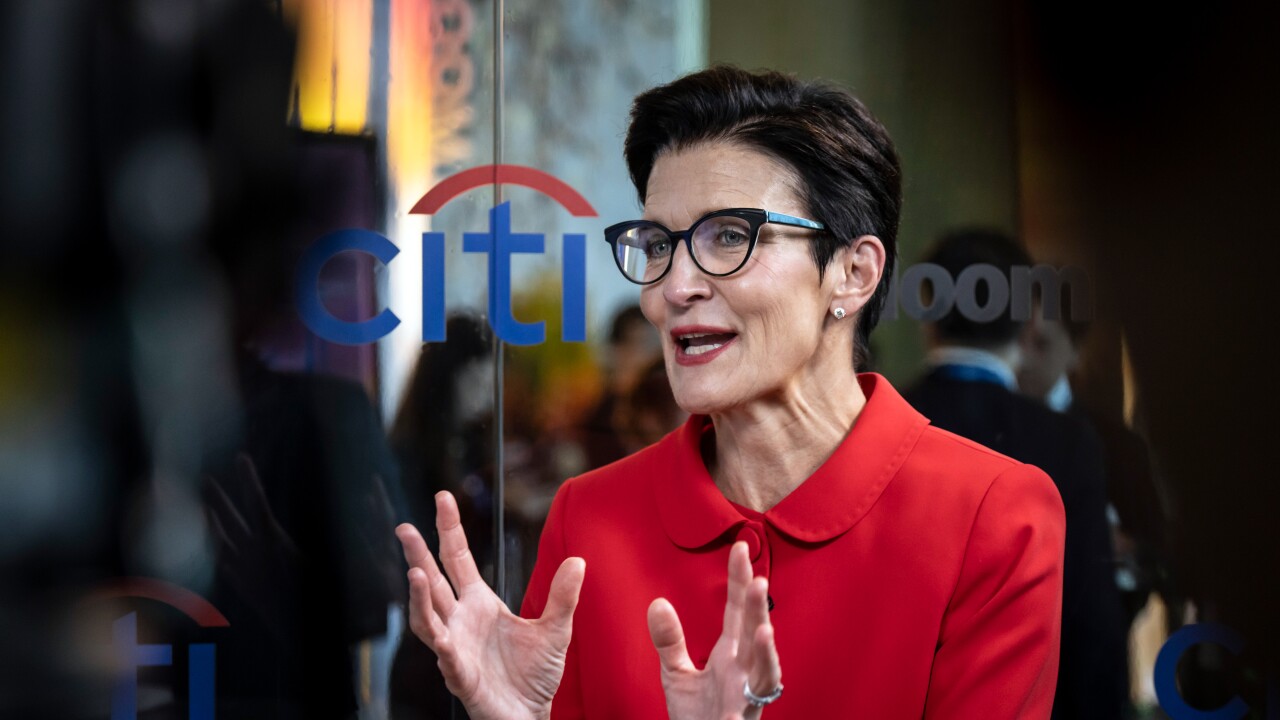The two biggest mistakes credit unions make in the increasingly important collections area are not clarifying payment policies up front and sending letters instead of making telephone calls.
Most people think collection efforts begin as soon as a member doesn't pay; in truth, collection efforts begin as soon as a member inquires about your service. Upon receipt of the credit/loan application, the loan officer should review billing and payment policies with the member and identify any discrepancies and expectations at that time.
When the member arrives to pick up the loan proceeds, the loan officer should discuss due dates, automatic withdrawal and other payment-oriented topics, thus disguising your first collection "call" as a member service discussion.
Call Right Away
If the first payment is late, a telephone call to the member at day five is more valuable than at day 31, because it's much better to find out early in the billing process that the member needs further information, such as a coupon book, before he or she can make the payment.
This leads to my second point: collection letters. The only two instances in which it would be appropriate to send a collection letter instead of making a call is when you need to handle a large volume of delinquent members or when you absolutely cannot reach the member by telephone.
The first call should be a "reminder" to members still within their loan's grace period. If you don't get a response to your reminder call, your next call should indicate that the debtor's account is "delinquent" or overdue." Note: For privacy reasons, you can only use these words if you actually speak to the debtor. If you get an answering machine, you may say you are making a "second call on the account."
If the member does not respond to either call, it's time to make your "final" call. Whether you say "final" in person or on an answering machine, it makes an impact because "final" could have many implications, including loss of membership privileges. If the debtor doesn't bite on "second," he or she almost always does on "final."
Pick up the Phone
Based on my 12 years as a collections trainer and consultant (and 25 years as a credit union member), here is an example of a call that's especially successful for getting members to respond to answering machine messages about overdue credit card payments: "Hi, this is Kathy at the credit union. Gimme a buzz about your loan."
In addition to being upbeat, this message works, because most debtors don't understand credit cards are indeed loans and will quickly call back to say they don't have a loan with you, providing an opportunity to speak directly with the individual. And saying "loan" does not imply a debt because you didn't indicate the loan was unpaid.
Kathy Boyle is the author of "Collection Letters-and Strategies for Never Having to Use Them," recently published by CUES. The manual contains many other ideas on getting through to debtors, plus ways to use the Internet in collections. For info: www.cues.org or 800-252-2664.





